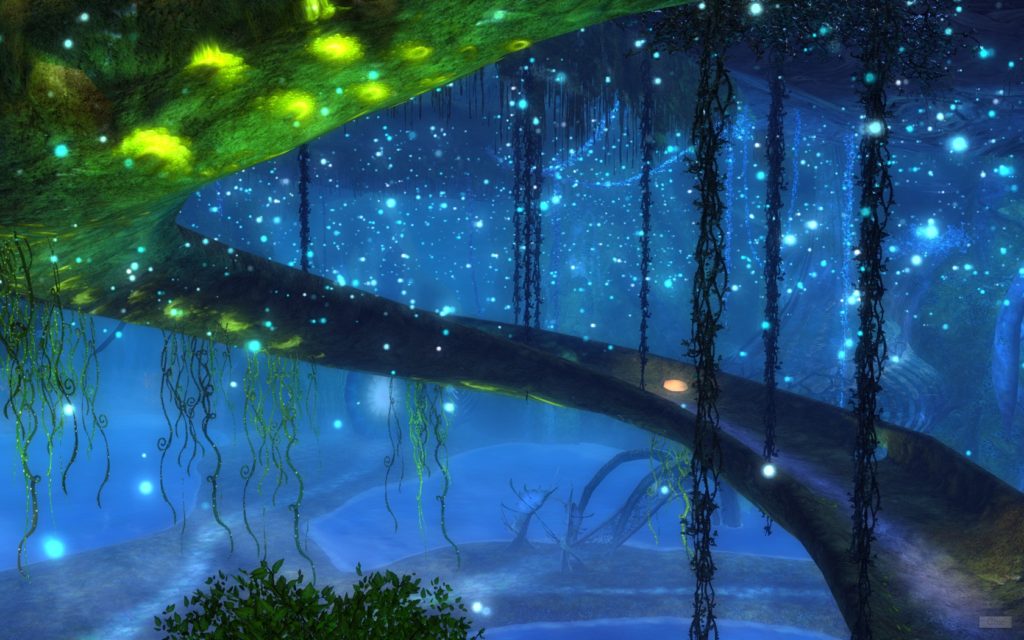
Podcast: Play in new window
Subscribe: Apple Podcasts | More
Exploring the nature of fantasy, mythological, and fictional places – whether in literature or while engaging in role-playing games – with Lucienne Brown.
This week, we shift our usual focus on actual, real places toward an understanding of how we create and engage with fictional worlds and places. Whether these places emerge in mythology, in fantasy, or in role-playing games such as Dungeons and Dragons, we discuss what makes these places compelling.
In addition to two B.A.s from The University of British Columbia in Asian Studies and Religious Studies, Lucienne was the President of the Science Fiction and Fantasy Society at UBC for three years. She describes herself as “a huge linguistics, folklore, and mythology nerd, and I have Strong Opinions™ on J. R. R. Tolkien.”
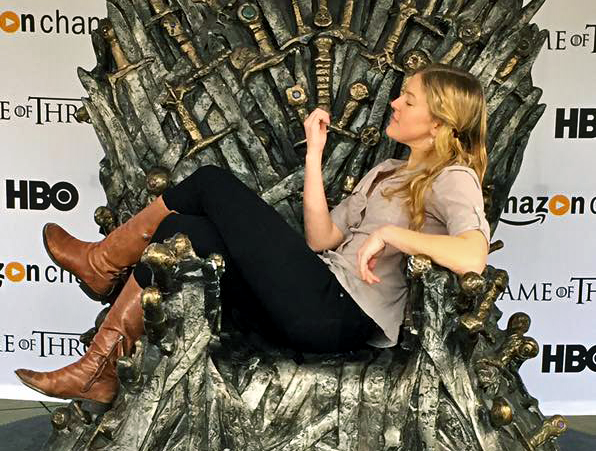
We start by discussing what makes the people and places in Norse mythology and the Sagas of the Icelanders compelling.
These people are alive and vividly relatable…The Icelandic Sagas are filled with liars, cheats, a$%#@^es, and people with more zingy one-liners than in real life.
The latter half of our conversation delves into the nature of role-playing games, fantasy worlds, and what we need from them in order to suspend disbelief and be fully immersed in these worlds. We note how crucial it is to have role-playing companions who share an intuitive understanding of the rules of fantasy as well as when to bend and break them.
Lucienne shares her experiences playing a Dungeons and Dragons 3.5 campaign for the past three years where “the Dungeon Master let us go truly crazy with world-building in our own corners of the sandbox.”
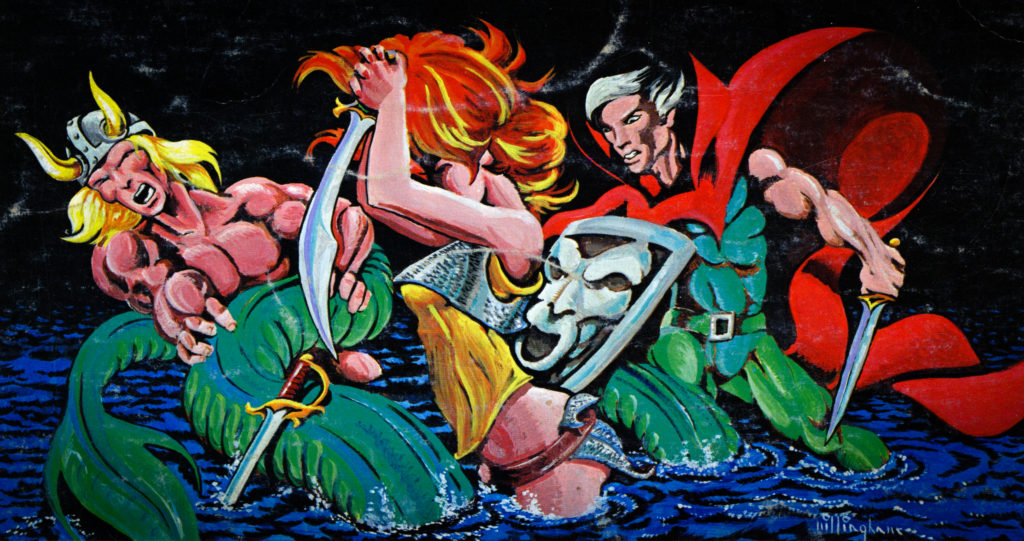
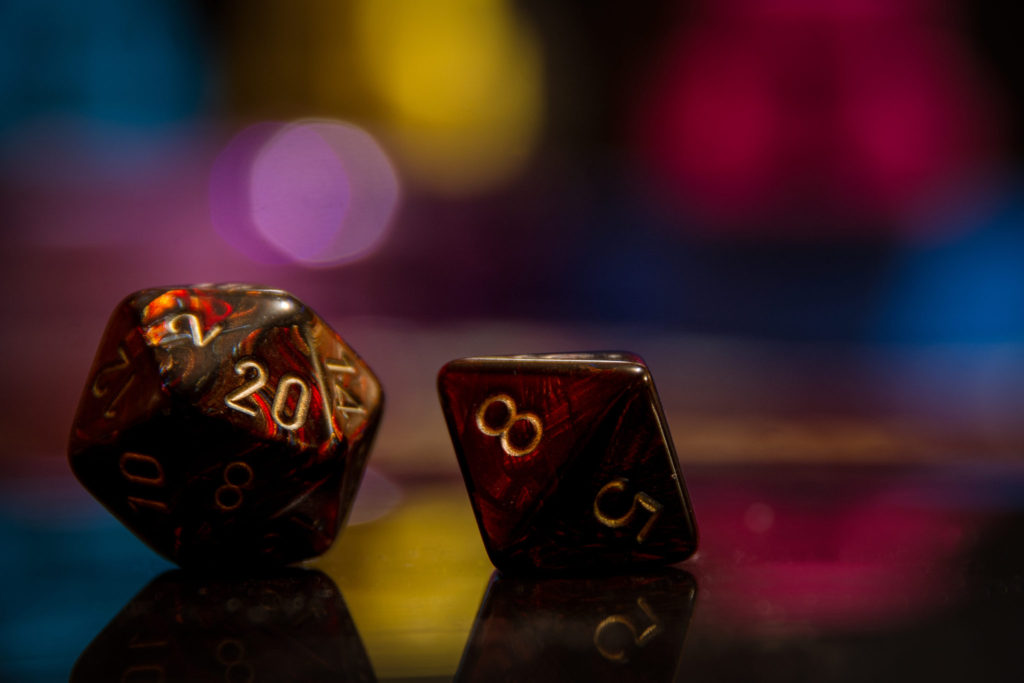
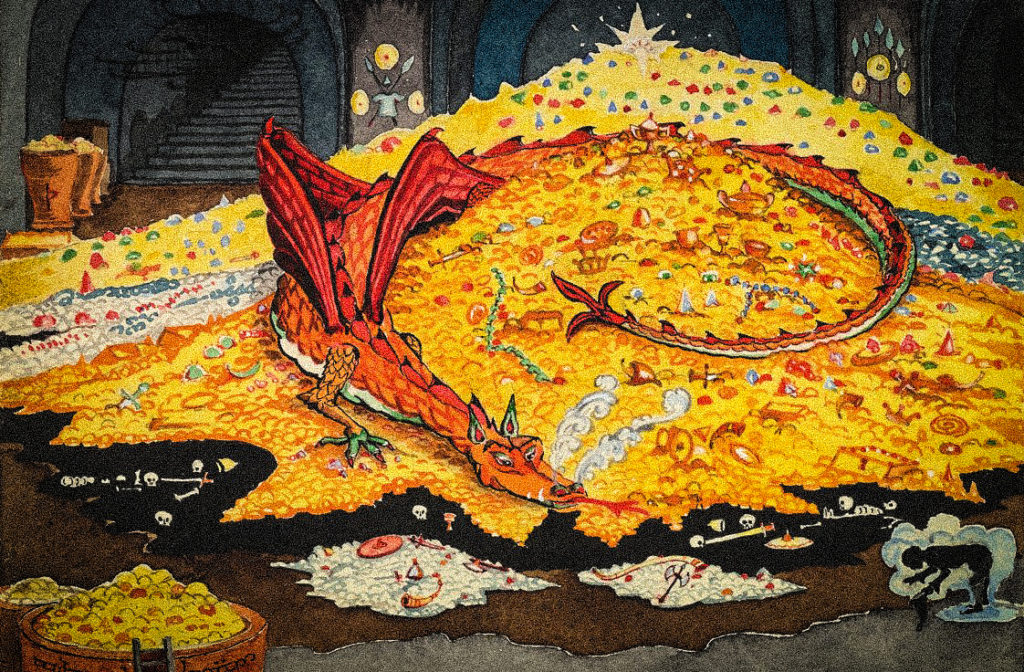
Show Links
The Sagas of the Icelanders – Penguin Classics (Amazon)
“In Neil Gaiman’s Norse Mythology, the gods are tragic and petty” – Vox
Master and Commander by Patrick O’Brien (Amazon)
“Mythic Discovery within the Inner Reaches of Outer Space: Joseph Campbell Meets George Lucas” – StarWars.com
Moving Pictures: A New Theory of Film Genres, Feelings, and Cognition by Torben Grodal (Amazon)